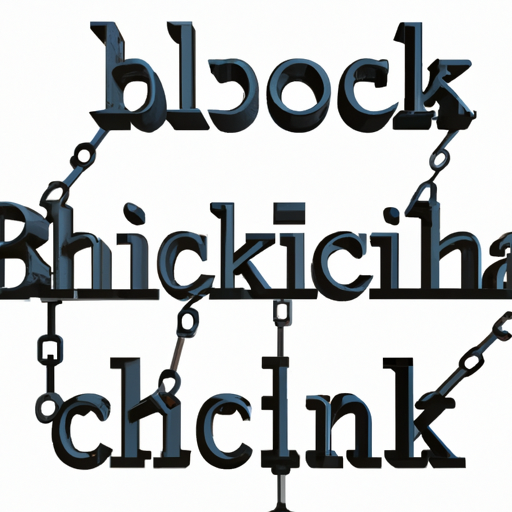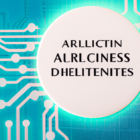Blockchain technology has been a buzzword in the tech world, especially since the rise of cryptocurrencies like Bitcoin and Ethereum. This guide will provide an in-depth understanding of what blockchain is, how it works, and its potential applications across various industries.
What is Blockchain?
At its core, blockchain is a distributed ledger technology that allows multiple parties to have a synchronized, immutable record of transactions. This means that once data has been added to the blockchain, it cannot be altered or deleted, ensuring transparency and security.
Key Features of Blockchain
- Decentralization: Unlike traditional databases that are maintained by a central authority, a blockchain is decentralized and maintained by a network of computers (or nodes).
- Immutability: Once a transaction is recorded on the blockchain, it cannot be changed, making it secure against fraud.
- Transparency: All participants in the network have access to the same information, promoting trust and accountability.
How Does Blockchain Work?
Transactions on the blockchain are grouped into blocks, which are then chained together in a chronological order. Each block contains a unique hash of the previous block, creating an unbreakable chain. Here’s a simplified overview of how a blockchain transaction occurs:
- A transaction is initiated, such as a cryptocurrency transfer.
- The transaction is verified by network nodes through consensus protocols.
- Once verified, the transaction is added to a block.
- The block is then added to the existing blockchain, completing the transaction.
Applications of Blockchain Technology
Blockchain is not just limited to cryptocurrencies. Its applications span various industries, including:
- Finance: Streamlining transactions, reducing fraud, and increasing transparency in financial services.
- Healthcare: Securing patient data and enabling interoperability between healthcare systems.
- Supply Chain: Enhancing traceability and accountability in supply chain processes.
- Smart Contracts: Automating agreements and transactions using programmable contracts that execute once predetermined conditions are met.
The Future of Blockchain
The potential of blockchain technology is vast. As industries continue to explore its capabilities, we can expect to see innovative uses that could revolutionize business models and enhance operational efficiency. Keeping abreast of blockchain developments will be crucial for businesses and individuals looking to gain a competitive advantage in a technology-driven future.
Conclusion
Blockchain technology is more than just the foundation for cryptocurrencies; it represents a fundamental shift in how we record and verify transactions. Understanding its principles and applications is essential for anyone looking to engage with the future of digital technology.
For more insights and updates on blockchain technology, stay tuned to our blog!




